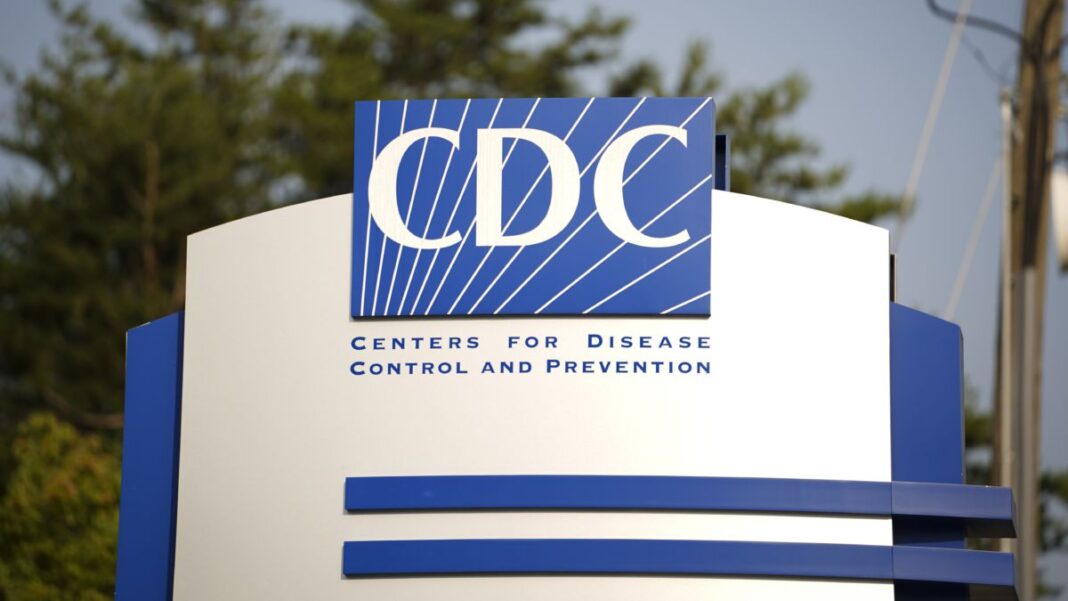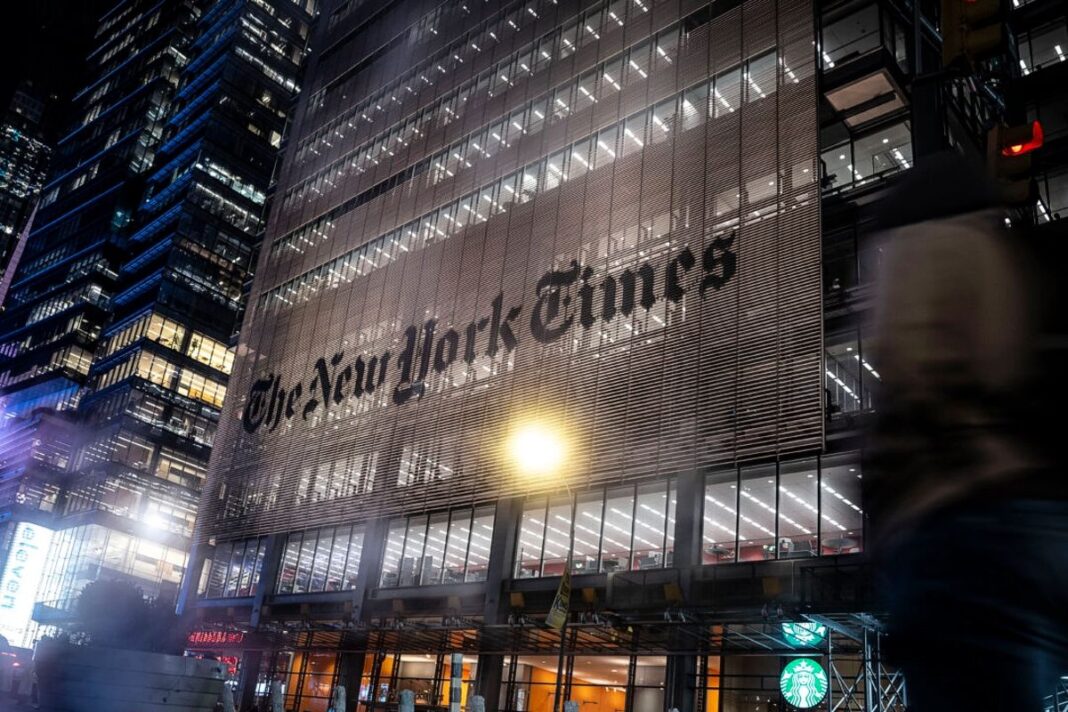The Advisory Committee on Immunization Practices is slated to analyze vaccines against measles, hepatitis B, and COVID-19.
Advisers to the Centers for Disease Control and Prevention are scheduled to meet on Sept. 18 and Sept. 19 to consider changes to recommendations for three vaccines.
The Advisory Committee on Immunization Practices (ACIP) on Thursday is slated to hear presentations on the measles, mumps, rubella, and varicella (MMRV) vaccine, as well as data on the hepatitis B vaccine, according to a draft agenda released by the panel.
The panel on Friday will focus on COVID-19 vaccines, after federal regulators narrowed clearance for those immunizations.
Advisers will vote near the end of each day on the three shots. The specifics on the votes have not been finalized, Martin Kulldorff, the chair of ACIP, told The Epoch Times in an email on Sept. 15.
Here’s what to know about the upcoming session.
MMRV Versus MMR
The MMRV vaccine targets four diseases. Children can receive the combination vaccine, or they can become immunized against the same four diseases by receiving the measles, mumps, rubella (MMR) vaccine and, separately, the vaccine against varicella, which is commonly known as chickenpox.
The CDC recommends children receive two doses against measles, mumps, rubella, and varicella. The agency says on its website that either option is fine.
It does recommend that the first dose be the MMR vaccine for children aged 12 to 47 months, since the MMRV vaccine “is associated with a higher risk for fever and febrile seizures.” A febrile seizure is a single seizure that lasts 15 minutes or less. It also states, “MMRV may be used if parents or caregivers express a preference.”
Kulldorff said during the panel’s last meeting that the effectiveness of the different options is about the same, but that data indicate the MMRV vaccine causes more febrile seizures in young children.
“A proposed recommendation … could be, that as there exist[s] a safer, equally effective alternative, the MMRV vaccine should not be administered to children under the age of 47 months,” he said at the time.
The CDC, in a background paper in June, said that the primary concern for increased risk of fevers and febrile seizures is for children aged 12 to 23 months of age. It also said that the febrile seizures “resolve without long-term consequences,” although some data indicate that certain children may have an increased risk of problems such as epilepsy following a febrile seizure.
Dr. Georges Benjamin, executive director of the American Public Health Association, told The Epoch Times that he believes it is important for ACIP to discuss the relative risk of febrile seizure versus children not getting vaccinated.
ACIP carries out discussion and analysis between meetings through workgroups, or groups comprised of some members and other experts. Benjamin said that it has been difficult to get a read on the upcoming meeting after officials removed representatives from outside organizations from the workgroups over the summer.
“I think everybody’s going to be listening very carefully about what’s presented, how it’s presented, and … whether or not they follow the evidence,” he said.








